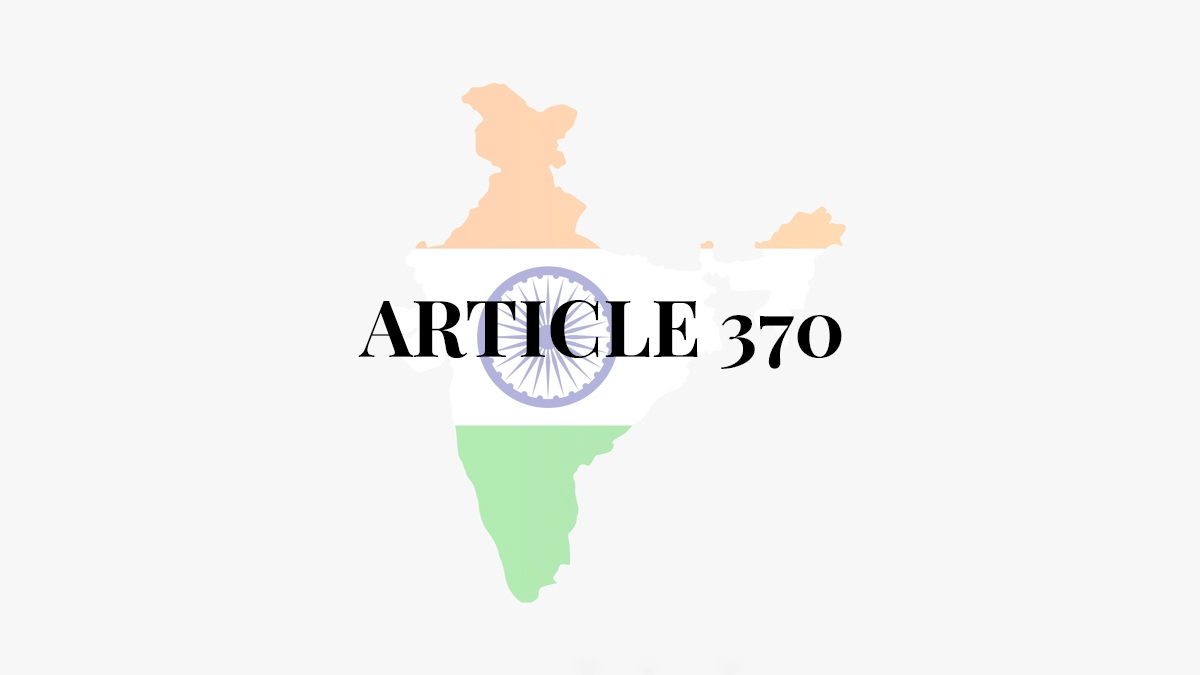
On December 11, 2023, the Supreme Court of India delivered one of the most important judgments for which the entire country has been looking forward to. In 2019, the government of India scrapped Article 370, and the apex court upheld the decision bringing an end to the special status of Jammu & Kashmir.
A five-judge bench, comprising Chief Justice of India (CJI) DY Chandrachud, Justice S K Kaul, Justice B R Gavai, Justice Sanjeev Khanna, and Justice Surya Kant, has been hearing at most 23 petitions on the subject since September 5, 2023. After 16 hearings, they declared the judgement in favour of the government.
Upholding the abrogation of Article 370, the CJI pointed out that Jammu and Kashmir held no sovereignty after accession to India and added that the decision taken by the President of India in 2019 was not an 'extraneous exercise of power'. Recognising the state as a Union Territory was a temporary move, therefore, the bench has directed the centre to hold Legislative Assembly elections and restore its statehood as soon as possible.
Today's Supreme Court verdict on the abrogation of Article 370 is historic and constitutionally upholds the decision taken by the Parliament of India on 5th August 2019; it is a resounding declaration of hope, progress and unity for our sisters and brothers in Jammu, Kashmir and…
— Narendra Modi (@narendramodi) December 11, 2023
After the SC upheld the abrogation of Article 370, Prime Minister Narendra Modi took to X and called it a “declaration of hope, progress, and unity of our sisters and brothers in Jammu, Kashmir, Ladakh.
He added, “I want to assure the resilient people of Jammu, Kashmir and Ladakh that our commitment to fulfilling your dreams remains unwavering. We are determined to ensure that the fruits of progress not only reach you but also extend their benefits to the most vulnerable and marginalised sections of our society who suffered due to Article 370.”
When the constitution of India was being formed after we attained independence from British rule in 1947, many states including Jammu and Kashmir were princely states. On the matters of foreign affairs, defence, and communications, these states were presented to sign the accession affirming that they all accept the Constitution of India as a whole.
On May 19, 1949, when chief ministers and rulers of every state gathered to sign the accession, the politicians of Jammu and Kashmir presented a request to form a separate constituent assembly. Later, the Constituent Assembly agreed to offer a special status to Jammu and Kashmir temporarily until the formation and adoption of the State’s constitution. However, when the constituent assembly of the state dissolved itself on January 25, 1957, Article 370 became a permanent feature of the Indian constitution.
Don't Miss: Seven Disturbing Crimes Against Women That Sent Shivers Down Our Spine

Under Article 370, the State was exempted from complete applicability of the Constitution of India, and the powers of the central government over Jammu and Kashmir were limited.
Constitutional powers of the government could only be extended to the State only after the State government had agreed. There were other exceptions that prevented the centre from governing Jammu and Kashmir like other states of India.
Don't Miss: Rose Winter Care: 7 Tips To Take Care of Your Rose Plants In Cold Weather
With the decision of SC, the centre would be able to make decisions regarding the development of Jammu and Kashmir without the interference of the State’s government.
Also watch this video
Herzindagi video
Our aim is to provide accurate, safe and expert verified information through our articles and social media handles. The remedies, advice and tips mentioned here are for general information only. Please consult your expert before trying any kind of health, beauty, life hacks or astrology related tips. For any feedback or complaint, contact us at [email protected].